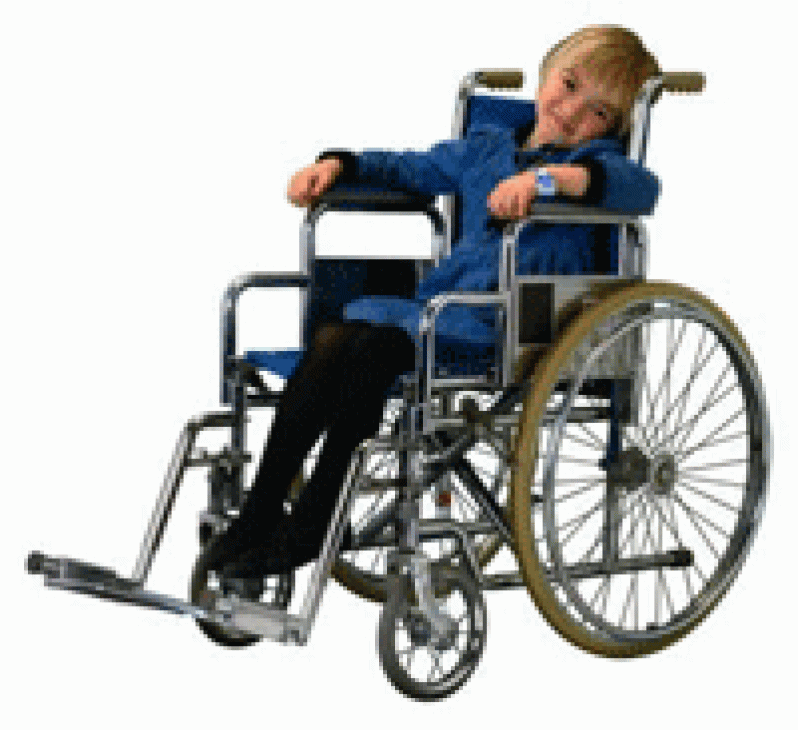AS Government and other stakeholders move to fast-track efforts aimed at protecting and fulfilling the rights of persons with disabilities (PWDs) in Guyana, the Ministry of Culture, Youth and Sport is gearing itself to take on a major role in ensuring that, in keeping with the Disability Act 2010, such persons are accorded the same respect as others. To this end, the Ministry of Culture, Youth and Sport, in collaboration with the National Commission on Disability (NCD), recently hosted a workshop for departmental heads of that ministry at the Umana Yana in Kingston, to address the issue.
During the workshop, which attracted more than 20 participants, the Disability Act 2010 was studied, and the plight of PWDs in Guyana critically examined. Recommendations were also made for putting systems in place to ensure that PWDs live with dignity, and move around in safe spaces and with ease.
The objective of the workshop was to sensitise staff on what’s contained in the Disability Act, as against what obtains locally; help them to better understand the rights and expectations of people with disabilities; and make them cognizant of employers’ duties and responsibilities in relation to making the Act work for persons with disabilities.
Commissioner of NCD, Ganesh Singh, spoke on the Disability Act and the Right of PWDs; Simone Poole spoke on Disability Etiquette: Communicating with certain types of Disabilities, with emphasis on words to use and words to avoid. Ms Beverly Pile was the chairperson.
Singh, in a passionate call for the laws governing the treatment with PWDs, observed that all rights are equally important for the development of any human being, but expressed concern that, “yet, in Guyana, where there are more than 50,000 People with Disabilities (PWDs), the stark reality is that:
* 42% of such children (of school age), have never attended school.
* Only 22% of PWDs are in the labour force – nearly three times lower than non-disabled people, who comprise 88%, and
* 14% of PWDs in Guyana are totally ‘shut in’- rarely, if ever, leaving the house; and with little or no social interaction.”
He gave participants a ‘walk through’ on what’s contained in the Act, and prepared them for effective interaction and delivery of a better service to PWDs – both new and chronic cases. He also shared with participants information pertaining to the Rights of PWDs, and offered guidelines and advice on steps that could and should be taken by the Ministry of Culture, Youth and Sport as it prepares to fast-track efforts aimed at protecting and working towards fulfilling disability rights in Guyana.
The NCD Commissioner cautioned that the Ministry of Culture, Youth and Sport would have a major role to play, and would be expected to be in the forefront of the implementation of systems and facilities demanded by the Act, for the benefit of PWDs. This is so, he said, especially as it relates to sports and cultural activities.
Singh was particularly concerned about access rights and recreational rights, noting that very often this is honoured in the breach, effectively denying persons in wheelchairs access to buildings, information, and much needed services.
The following are the rights of PWDs, cited by the speaker:
* Employment rights, which states that: People with Disabilities have a right to work without discrimination.
* Education Rights:
People with disabilities have a right to receive quality education
* Health Rights:
People with disabilities have an equal right to health care
* Access rights
People with disabilities have equal rights to access buildings, information and services
* Right to independent life:
People with Disabilities have the right to live independently, so that they can take part in community life, and not be locked away
* Recreational Rights:
People with disabilities have equal right to play sports and take part in free-time activities.
* Political Rights:
People with disabilities have the same right to take part in the electoral process
Simone Poole, in her discussion on Disability Etiquette, cited nine basic rules, the ‘Golden Rule’ of which is to ‘act normally and treat a person with disability the same way as you would anyone else.”
Other rules are:
* Talk to adults as adults, don’t treat PWDs as children
* Never ask a PWD “What happened to you?” People with disabilities don’t want to focus on their disabilities, they want to be treated normally.
* Speak directly to the person with a disability, don’t ask their relatives or companions questions about them.
* Use a normal tone of voice – don’t shout or talk overly slowly
* Never assume what a PWD wants. Ask them.
* Use physical contact in the same way you would for any other person. If you would normally shake hands, shake hands.
* These rules are particularly important when talking to a person with a learning disability: Treat people with respect and dignity.





.jpg)








